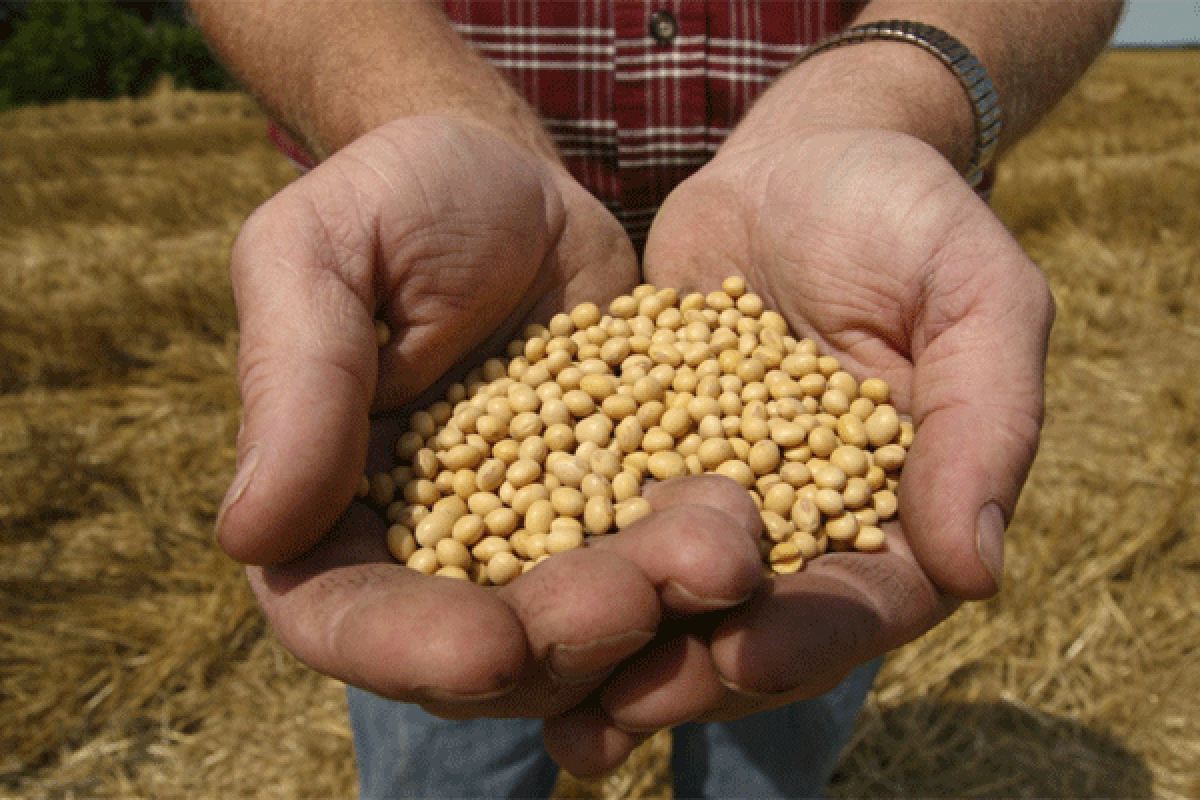Letters: Monsanto’s court fight over its seeds

- Share via
Re “Seeds of Dissent,” Opinion, Feb. 19, and “Justices consider patented seeds case,” Feb. 20
I understand a company’s desire to control the use of products it has created and patented, and the importance such a right plays in its ability to remain profitable. But I still have a major problem with Monsanto’s arguments in this case. Monsanto didn’t create or design the seeds’ ability to reproduce; it created the resultant plant’s ability to resist a weedkiller.
If Monsanto feels that it owns that ability for all future generations of the seeds, it should be free to charge more for the original seed and see if the market is willing to bear those additional costs, instead of being allowed to prevent farmers from using those second-generation or later seeds.
However, I have a difficult time accepting the company’s right to fully own the byproduct of an action the seed would have taken regardless of whether Monsanto had manipulated it. As a child, should my grandparents have been my legal guardians since they endowed my parents with the genes they later passed down to me?
Michael Skor
Sherman Oaks
After reading this opinion piece, I find myself on the farmer’s side. When the farmer bought the seeds from the grain elevator, did he sign anything that said he could not replant the seeds?
Monsanto has a flawed outlook. If it didn’t want the farmers to use their own seeds the second year, it should have engineered the corn to only germinate once.
Bill Reeves
Rancho Cucamonga
Thank you for publishing George Kimbrell and Debbie Barker’s eloquent, research-based argument against allowing Monsanto to patent genetically modified seeds.
If Monsanto wants to charge more, claiming that its products have superior resistance to drought or insects, it is free to do so.
Though science seems to show that at least some genetically modified products do more harm than good, the marketplace should be the ultimate judge of the benefits and risks involved, not the courts. The courts should focus on whether the industry has abundant alternatives to genetically modified products, so that farmers and consumers really do have a choice.
Jack Cooper
North Hollywood
More letters to the editor ...
More to Read
A cure for the common opinion
Get thought-provoking perspectives with our weekly newsletter.
You may occasionally receive promotional content from the Los Angeles Times.





